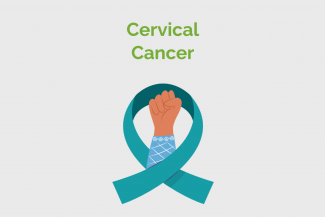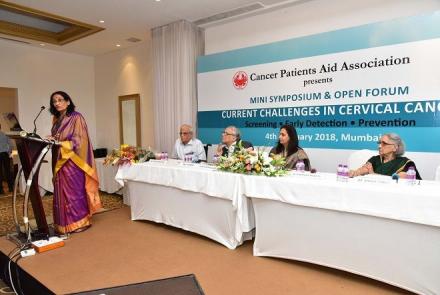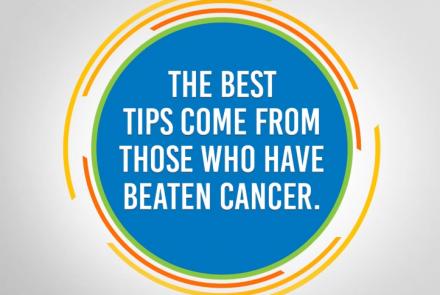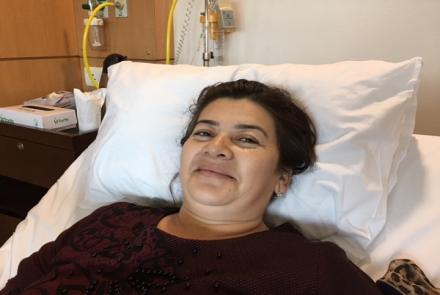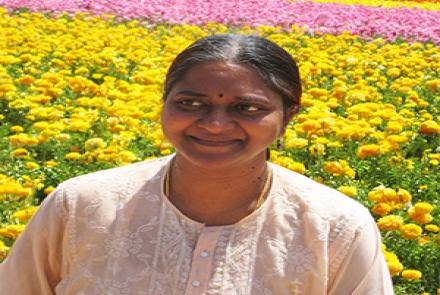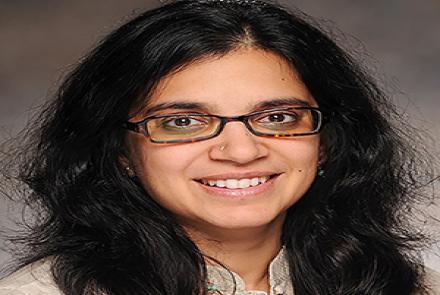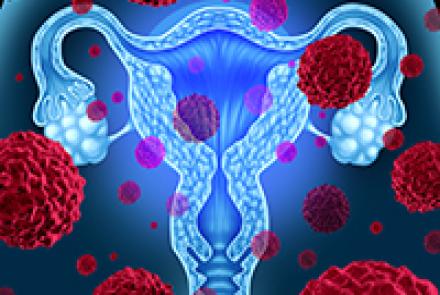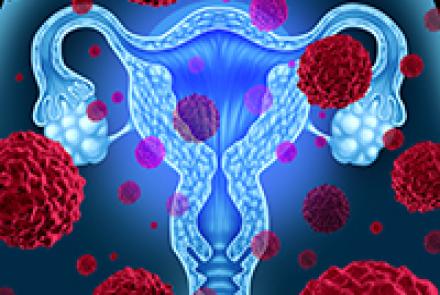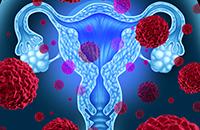
Are you at risk of developing cervical cancer?
Risk factors include the following
HPV infection (Human papilloma virus): Human papilloma virus (HPV) is the major cause of the main types of cervical cancer – squamous cell cancer and adenocarcinoma.
HPV is a common virus. Most sexually active women come into contact with HPV during their lifetime. There are over a 100 types of HPV and not all that cause cancer. The body can shake off the infection on its own. But there are some types of high-risk HPV such as HPV 16 and 18, that persist and progress to cancer. Use of condoms during penetrative sex reduces the risk of HPV infection but does not eliminate it as HPV can be passed through skin-to-skin genital contact. The use of condoms also reduces the chance of a woman with HPV infection developing pre-cancerous changes in the cervix. Exposure to semen appears to increase the risk of precancerous changes and the use of condoms helps to cause these changes to regress. One study suggests that prostaglandin in semen may fuel the growth of cervical and uterine tumours and that affected women may benefit from the use of condoms.
Herpes virus infection: Women with genital herpes do have a higher risk of developing cervical cancer.
Age: All women between the ages of 18-75 are at risk of cervical cancer though most cases develop in women in their 30s or 40s. Girls younger than 15 rarely develop cervical cancer.
Genetics (ethnic groups and family links): Women with cancer in the family are at higher risk. Ethnicity also plays a role as it has been seen that African American women with HPV may have a higher cervical cancer risk than white women with HPV (http://www.ncbi.nlm.nih.gov/pubmed/23913530). Asian women have comparatively lower risk of developing cervical cancer than African American/African and Hispanic women (http://www.cdc.gov/cancer/cervical/statistics/race.htm).
Smoking: Women who smoke are more likely to develop squamous cell cervical cancer. Researchers have found cancer-causing chemicals (benzyrene) from cigarette smoke in the cervical mucus of women who smoke. They think that these chemicals damage the cervix. There are cells in the lining of the cervix called Langerhans cells that specifically help fight against disease. These cells do not work so well in smokers.
Weakened immune system: If you have a weakened immune system, then your risk of many cancers, including cervical cancer, is higher than average. People with HIV and AIDS, or people taking drugs to suppress their immune systems after an organ transplant, are more at risk of developing cervical cancer if they have HPV infection.
A healthy immune system normally protects you from cells that have become abnormal by killing them, but a weakened immune system is unable to do that adequately.
Circumcision: Some research (New England Journal of Medicine www.nejm.org/doi/full/10.1056/NEJMoa011688) suggests that women with partners who have been circumcised are less likely to get cervical cancer. This may be because men who are circumcised are less likely to carry HPV infection. This research took into account different factors relating to sexual behaviour.
Sex life: You may have heard that women who become sexually active at a younger age or women who have had a lot of different sex partners are more likely to get cervical cancer. This is because the earlier you start having sex and the more men you have sex with, the more likely you are to pick up an infection with a high-risk (cancer causing) human papilloma virus (HPV). This puts you at greater risk of developing cervical cancer.
Number of children and age at childbirth: Women in developing countries have a higher cervical cancer risk. This is partly due to lack of adequate screening. But it has also been ascribed to women in developing countries having larger families. Women who have had 7 or more children are at double the risk than women with only 1 or 2 children. Having your first baby early, before 17, also doubles the risk, compared to having your first baby at 25 or later.
Chemicals at work: Around 1 out of 100 cervical cancers in women are thought to be linked to occupation. This is due to exposure to a chemical called tetrachloroethylene, which is used in dry cleaning and metal degreasing.
Oral Contraceptives: Some research studies suggest that long-term use of oral contraceptives may be associated with an increase in the risk of cervical cancer. However, more research is needed to understand how oral contraceptive use and the development of cervical cancer are connected.
Low income: Poor women are more likely to develop cervical cancer as they are unable to afford screening tests such as Pap smears.

